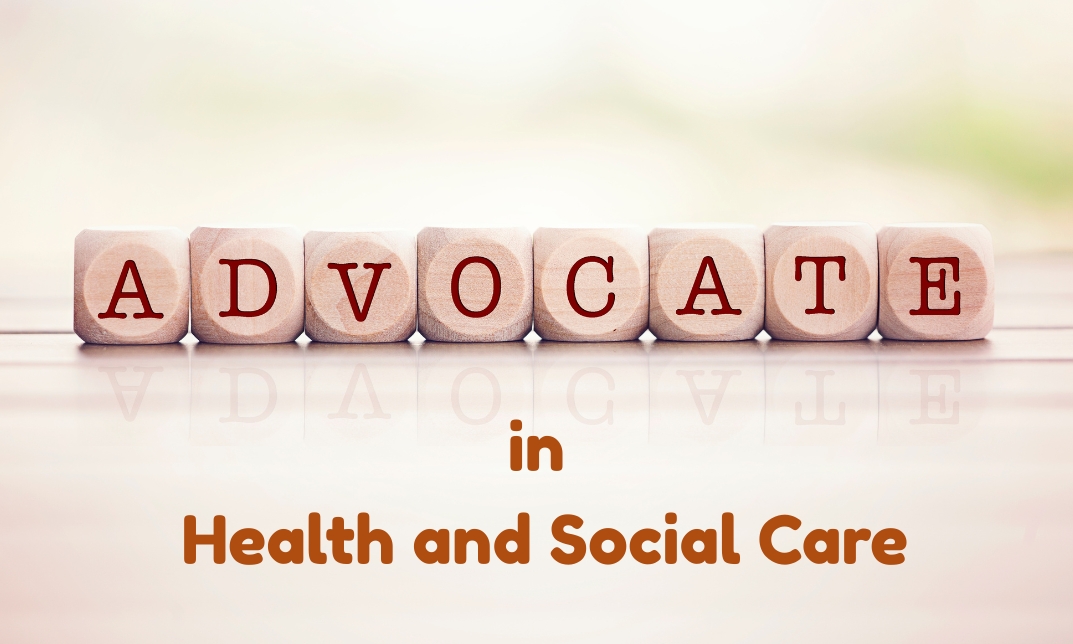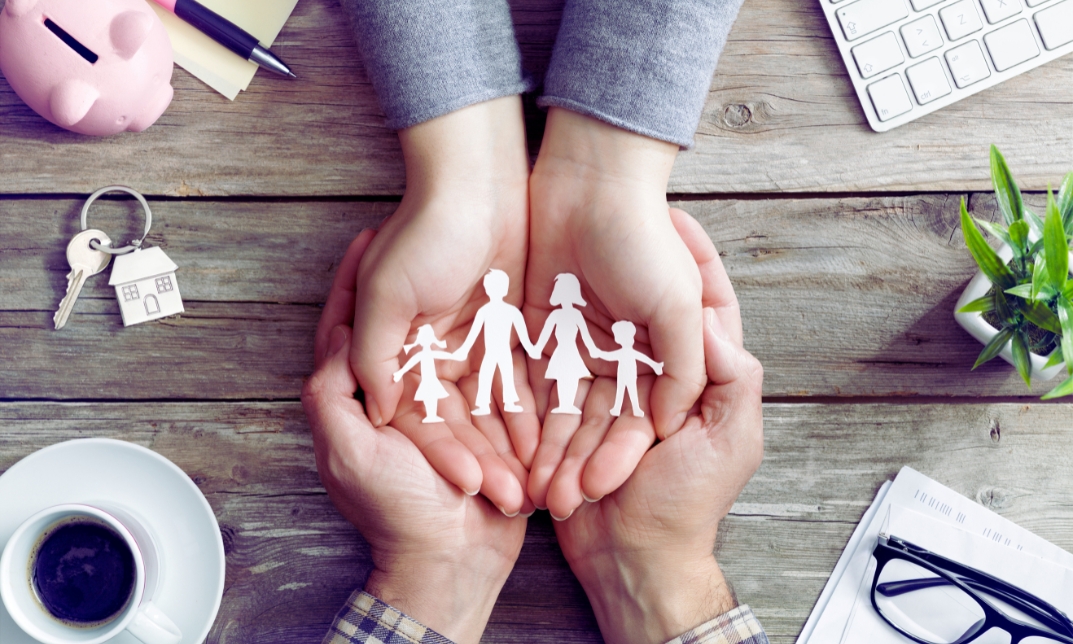No products in the basket.
Discrimination in health and social care isn’t just about big moments or written rules. It’s often quiet. It shows up in the pause before someone answers. In the way someone gets passed over. In the feeling that your voice doesn’t count. So, what is discrimination in health and social care?
It’s when people get treated unfairly because of who they are. That might mean their race, religion, gender, age, disability, language, or anything that sets them apart. Discrimination doesn’t always look loud or clear. It can happen in the choices workers make, the way people speak, or even in the help someone does or doesn’t get. And it always matters.
Understanding the Different Types of Discrimination
Discrimination can happen in many ways:
- Indirect discrimination is when a rule or system works against a group without meaning to.
- Institutional discrimination happens when unfair treatment is built into the system.
- Unconscious bias is when people treat others differently without even knowing they’re doing it.
Each type hurts. Each one slowly takes away someone’s sense of safety and trust.
Real Examples That Happen Every Day

These stories aren’t rare. They happen in homes, hospitals, and care centres across the country:
A young man with autism gets ignored during meetings about his support plan. A nurse raises their voice when speaking to someone whose first language isn’t English. A care worker assumes an older woman doesn’t understand just because she has dementia. A Black patient waits longer for pain relief because staff don’t believe how bad it is.
None of this is okay. But it happens. And unless we name it, we can’t change it.
How Discrimination Hurts Care
When someone feels judged, ignored, or left out, it affects their whole experience. They may stop speaking up. They may not trust the people helping them.
That leads to real problems. People may avoid care, take the wrong medicine, or lose hope in the system. Even staff suffer. Teams that don’t deal with discrimination face more problems, more mistakes, and more people leaving the job.
Why Staff Need to See the Signs
Discrimination often hides in habits. That’s why care workers must stay aware.
Ask yourself: Do I treat every voice with the same care? Do I rush some people more than others? Do I believe some stories more quickly than others?
These questions aren’t about blame. They’re about learning.
What Is Discrimination in Health and Social Care Training?
Good care training includes real talk about discrimination. It teaches staff to see unfair treatment. It helps them speak up when they see something wrong and understand the laws, but also the people.
Training should go beyond slides and papers. It should include real stories, honest talks, and time to work through hard things. That’s what makes it stick.
The Law Is Clear — But Action Matters More
UK laws protect people from discrimination. The Equality Act 2010 lists protected characteristics, including age, disability, gender, race, religion, and sexual orientation.
That means people have the right to fair treatment. But rights only work when people make them real. That means speaking up, reporting problems, and standing up for each other.
The Role of Managers and Leaders
Managers shape culture. When leaders listen, treat people fairly, and act fast when there’s a problem, it sets the tone. Workers follow that lead. So do clients.
Managers must check in with staff, welcome feedback, and deal with complaints quickly. Most of all, they must set an example in how they speak and act.
How to Call Out Discrimination Without Causing Harm
Speaking up matters. But it must be done with care. Here’s how:
- Stay calm. Breathe before you speak.
- Focus on facts. Say what you saw or heard.
- Be kind but clear. You can speak up without being harsh.
- Speak in private when you can.
- Follow up. Let someone know you’re helping or checking in.
It’s not always easy. But silence lets harm grow.
Supporting People Who Face Discrimination
If someone tells you they’ve been treated unfairly, listen. Don’t try to fix it too fast. Don’t explain it away. Just hear them. Say you believe them. Ask what they need. Support might mean helping them file a complaint, getting extra help, or just sitting with them in a hard moment. The goal is to help them feel safe again.
What Care Settings Can Do to Stop Discrimination
No one can do this work alone. That’s why services must make it part of daily life. That means:
- Clear rules that explain what to do
- Regular training and space for honest talks
- A safe way for people to report issues
- Leaders who take it seriously
- A culture where people ask questions and stay open
This takes time. But it builds care people can trust.
What Is Discrimination in Health and Social Care for People With Disabilities?
People with disabilities often face unfair treatment. Sometimes it’s direct—being talked down to, left out of choices, or even ignored. Other times it’s indirect—like when buildings don’t have ramps or websites don’t work with screen readers.
Supporting people with disabilities means listening to what they need and respecting what they say. It means making spaces, plans, and talks open to everyone.
The Impact of Language and Labels
Words matter. How you talk about someone shapes how you treat them. Saying “a person with mental illness” puts the person first. Saying “a crazy person” causes harm. Labels that seem harmless can still hurt. They can make people feel small or broken. That’s why words must come from respect.
Stories Change Minds
If you want people to care about discrimination, share stories. Talk about real people, real harm, and real change. Show how things felt. Show what helped.
Stories open hearts in ways rules can’t. They help people connect. They remind us why we do this work.
Why Equality Doesn’t Mean “Treat Everyone the Same”
Fair care doesn’t mean giving everyone the same thing. That doesn’t help if their needs are different.
True equality means giving people what they need to feel safe, valued, and included. That might mean more time, extra help, or different tools. It’s not about special treatment. It’s about fair treatment.
Why Some People Stay Quiet
Not everyone speaks up when they face unfair treatment. Some fear being punished or ignored. Some have spoken up before and nothing changed.
That’s why care workers must stay alert. Don’t wait for someone to complain. Watch. Ask. Learn.
Inclusion Starts With Small Things
Want to make someone feel welcome? Start small. Say their name right. Ask about their day. Show interest in their life. These small acts build trust.
Over time, they tell a bigger story: you belong here.
The Power of Reflection
Care workers should take time to think. After a shift, ask: Did I treat everyone fairly? Did I miss something? Did someone seem left out?
You won’t always get it right. But thinking helps you grow. And growth helps care get better.
Final Thoughts
Discrimination isn’t just a big idea. It’s daily choices. It’s silence So, what is discrimination in health and social care? It is the harm we cause when we stop seeing someone as a full person. But it’s also what we stop when we care enough to look closer. Listen harder. And act better. That’s what makes care real.
That’s what makes care real. Ready to turn awareness into action? Enrol in our online Health and Social Care Courses at Course Cave and learn how to challenge discrimination in care.




